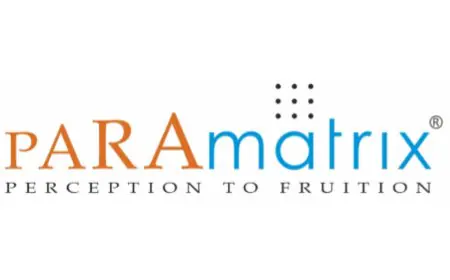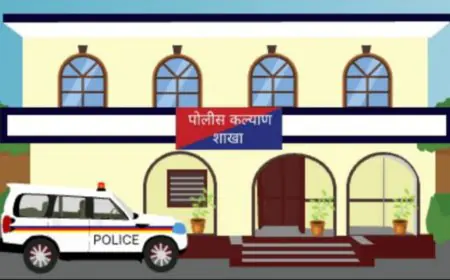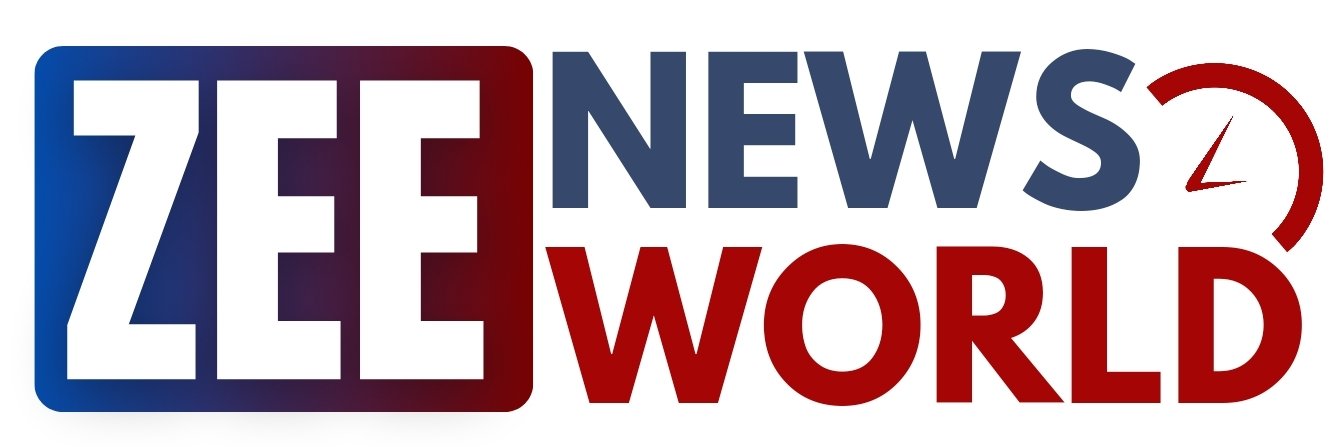Women Home Loan Borrowers Enjoy Special Benefits: Here's All You Need To Know
By Atul Monga The Reserve Bank of India's decision to reduce repo rates has shifted the focus to home loans. With rising property prices and anticipation of further rate cuts, more people are likely to apply for home loans. For women in India, home loans can be financially rewarding, as the government and financial institutions offer a range of benefits to encourage women borrowers. These include lower interest rates, reduced stamp duty, tax benefits and exclusive loan schemes. Such incentives not only make home ownership more attractive and affordable for women but also contribute to their long-term financial stability. Lower Interest Rates Benefit One of the key benefits for women applying for a home loan - whether individually or as a co-borrower - is lower interest rates. Most of the lenders extend a concession of 0.05 per cent - 0.10 per cent on interest rates for women borrowers. While this may look like a small difference, it can result in substantial savings in the long term. Let us understand this with the help of the following example. Assuming one takes a Rs 50 lakh home loan for 30 years at an 8.70 per cent interest rate, the monthly EMI would be around Rs 39157, bringing the total repayment amount to approximately Rs 1.40 crore. However, with a reduced interest rate of 8.60 per cent, the EMI decreases to Rs 38801, lowering total repayment to Rs 1.39 crore. This slight reduction in interest could result in savings of approximately Rs 1.28 lakh over the loan tenure. If a woman applies for a loan as a co-borrower, the combined income could increase loan eligibility and provide flexibility to opt for a higher loan amount. Tax Benefits Under Section 80C of the Income Tax Act, a woman borrower can claim a deduction of up to Rs 1.5 lakh per annum on the principal amount. Additionally, under Section 24(b), she can claim tax deduction of up to ₹2 lakh per annum on the interest paid for self-occupied house. In case the property is co-owned, both borrower and co-borrower can claim deductions individually, doubling the tax benefits. Government-Backed Initiatives For Women Borrowers Both Central and State governments offer benefits to female home loan borrowers in the form of lower stamp duties to promote home ownership among women. Most states offer 1-2 per cent reduction in stamp duties for properties bought by women, allowing them to save up to Rs 2.5 lakhs on a mid-range property valued at Rs 1.5 crores. Additionally, the Government of India has also introduced various housing schemes to promote women homeownership. Under the Pradhan Mantri Awas Yojana (PMAY), women applicants are given higher preference. For first-time female home buyers, the scheme also offers credit subsidies on properties co-owned by women. In fact, having a female co-owner is mandatory to enjoy certain benefits, including an interest rate subsidy of up to 6.5 per cent. Higher Loan Eligibility Lenders consider women as more creditworthy due to their disciplined approach to savings and prudent financial planning. Moreover, lower loan default rates among women borrowers further encourage lenders to offer home loans to them. If a woman has a stable income and good credit score, she can negotiate better terms with the lender. If she applies for a joint home loan, the combined income of both borrowers could further improve loan eligibility, empowering them to purchase better property. Encourage Homeownership Among Women The government’s initiatives to support women by encouraging banks and financial institutions to provide them with financial assistance will only make home ownership easier and affordable for women. These benefits would not only empower women financially but also encourage them to work towards building long-term wealth and financial security. (The author is CEO and Co-Founder of BASIC Home Loan) [Disclaimer: The opinions, beliefs, and views expressed by the various authors and forum participants on this website are personal and do not reflect the opinions, beliefs, and views of ABP News Network Pvt Ltd.]

By Atul Monga
The Reserve Bank of India's decision to reduce repo rates has shifted the focus to home loans. With rising property prices and anticipation of further rate cuts, more people are likely to apply for home loans.
For women in India, home loans can be financially rewarding, as the government and financial institutions offer a range of benefits to encourage women borrowers. These include lower interest rates, reduced stamp duty, tax benefits and exclusive loan schemes. Such incentives not only make home ownership more attractive and affordable for women but also contribute to their long-term financial stability.
Lower Interest Rates Benefit
One of the key benefits for women applying for a home loan - whether individually or as a co-borrower - is lower interest rates. Most of the lenders extend a concession of 0.05 per cent - 0.10 per cent on interest rates for women borrowers. While this may look like a small difference, it can result in substantial savings in the long term. Let us understand this with the help of the following example.
Assuming one takes a Rs 50 lakh home loan for 30 years at an 8.70 per cent interest rate, the monthly EMI would be around Rs 39157, bringing the total repayment amount to approximately Rs 1.40 crore. However, with a reduced interest rate of 8.60 per cent, the EMI decreases to Rs 38801, lowering total repayment to Rs 1.39 crore. This slight reduction in interest could result in savings of approximately Rs 1.28 lakh over the loan tenure.
If a woman applies for a loan as a co-borrower, the combined income could increase loan eligibility and provide flexibility to opt for a higher loan amount.
Tax Benefits
Under Section 80C of the Income Tax Act, a woman borrower can claim a deduction of up to Rs 1.5 lakh per annum on the principal amount. Additionally, under Section 24(b), she can claim tax deduction of up to ₹2 lakh per annum on the interest paid for self-occupied house.
In case the property is co-owned, both borrower and co-borrower can claim deductions individually, doubling the tax benefits.
Government-Backed Initiatives For Women Borrowers
Both Central and State governments offer benefits to female home loan borrowers in the form of lower stamp duties to promote home ownership among women. Most states offer 1-2 per cent reduction in stamp duties for properties bought by women, allowing them to save up to Rs 2.5 lakhs on a mid-range property valued at Rs 1.5 crores.
Additionally, the Government of India has also introduced various housing schemes to promote women homeownership. Under the Pradhan Mantri Awas Yojana (PMAY), women applicants are given higher preference. For first-time female home buyers, the scheme also offers credit subsidies on properties co-owned by women. In fact, having a female co-owner is mandatory to enjoy certain benefits, including an interest rate subsidy of up to 6.5 per cent.
Higher Loan Eligibility
Lenders consider women as more creditworthy due to their disciplined approach to savings and prudent financial planning. Moreover, lower loan default rates among women borrowers further encourage lenders to offer home loans to them.
If a woman has a stable income and good credit score, she can negotiate better terms with the lender. If she applies for a joint home loan, the combined income of both borrowers could further improve loan eligibility, empowering them to purchase better property.
Encourage Homeownership Among Women
The government’s initiatives to support women by encouraging banks and financial institutions to provide them with financial assistance will only make home ownership easier and affordable for women. These benefits would not only empower women financially but also encourage them to work towards building long-term wealth and financial security.
(The author is CEO and Co-Founder of BASIC Home Loan)
[Disclaimer: The opinions, beliefs, and views expressed by the various authors and forum participants on this website are personal and do not reflect the opinions, beliefs, and views of ABP News Network Pvt Ltd.]
What's Your Reaction?
















































